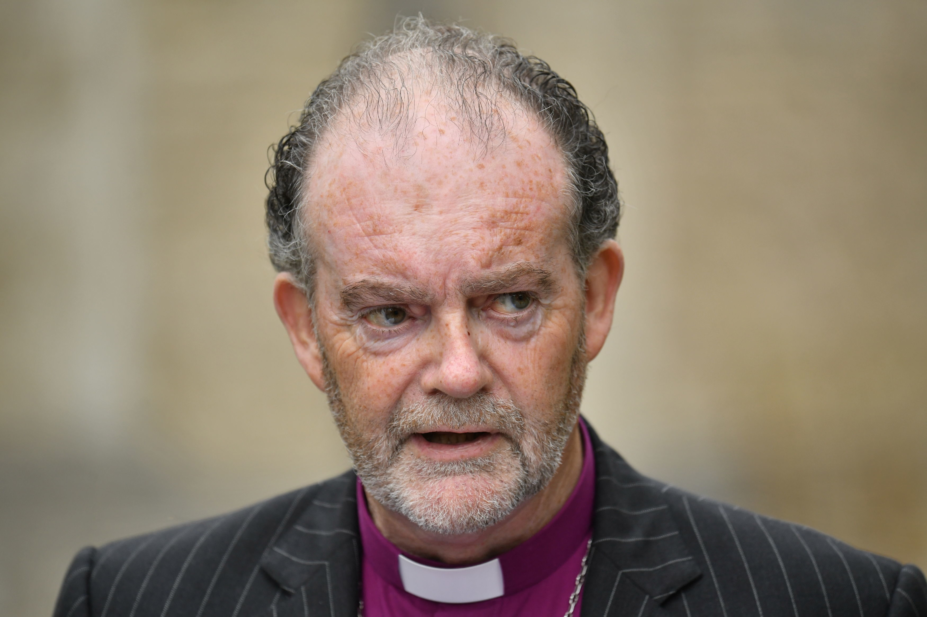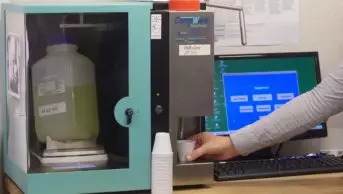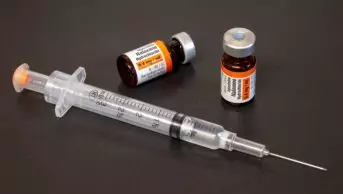
Dominic Lipinski/PA wire/PA Images
Pharmacists have been criticised for not questioning prescribing at Gosport War Memorial Hospital after an independent review found that at least 456 patients died after being given inappropriate doses of opioid painkillers.
The review, led by James Jones, the former bishop of Liverpool, also concluded that a further 200 patients may have had their lives shortened between 1986 and 2000, but medical records were missing.
The Gosport Independent Panel concluded that during this period there was a culture of shortening the lives of a large number of patients by prescribing and administering “dangerous doses” of medication not clinically indicated or justified.
And it was said that pharmacists did not challenge prescribing practices at the Hampshire hospital.
In its report, published on 20 June 2018, the panel found that documents it reviewed “record both the quantities of opioids used on the wards and the fact that the patients admitted were not in the main assessed as requiring palliative or end-of-life care.
“There is no evidence available to the panel to suggest that either the pharmacists or Portsmouth Healthcare NHS Trust’s Drugs and Therapeutics Committee challenged the practice of prescribing which would have been evident at the time.”
The report concluded that the practice of “anticipatory prescribing and of administering certain drugs in circumstances and doses beyond what would have been indicated or justified clinically, involved the consultants, the clinical assistant, the nurses and the pharmacists.
“It was a practice that built up and continued over many years, and lives were shortened before the pattern changed significantly from 2000.”
The independent review recorded that Portsmouth NHS Trust and its chief pharmacist had overall responsibility for pharmacy services at Gosport War Memorial Hospital.
From 1994 onwards an on-site pharmacy at the hospital was replaced with a remote service from Portsmouth.
“Pharmacist visits to the hospital continued twice a week and included checks on ward stocks and examinations of patients’ drug charts. The system was primarily aimed at maintaining adequate supplies, but there was also a mechanism for raising concerns,” the report said.
It said that the trust’s chief pharmacist “was also responsible for ensuring that advice and support were provided to ward staff; for training and development of the hospital’s pharmacists; and, with the support of clinical staff and the Drugs and Therapeutics Committee, for ensuring that prescribing guidelines were adhered to and that the drug charts being used in the hospital were fit for purpose, safe and in line with national policy and guidance”.
Clinical assistant and GP, Jane Barton, oversaw the practice of prescribing on the wards identified by the panel, and the report found that nurses had tried to raise concerns over the prescribing and administration of drugs with syringe drivers as early as 1991, but the hospital did not heed their warnings.
Barton is the only person to have faced disciplinary action to date, and was found guilty by the General Medical Council of serious professional misconduct; however, she retired and no prosecutions were brought.
Jones, who also led the review of the failings at the Hillsborough football stadium, said the documents they had looked at revealed there had been an “institutionalised practice of the shortening of lives through prescribing and administering opioids without medical justification”.
Responding to the report in parliament, Health and Social Care secretary Jeremy Hunt said the findings were “truly shocking” and apologised to the relatives and those who tried to raise the alarm.
He said questions needed to be answered, including why the practice of giving opioid drugs in this way was not stopped.
He said the Crown Prosecution Service would now examine material in the report to consider whether criminal charges should be brought.


